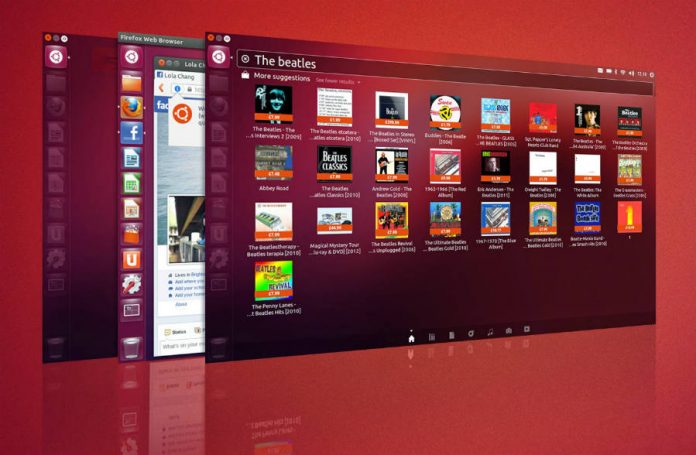
Canonical founder Mark Shuttleworth announced earlier this week the company would cease development of Unity8, the convergence Ubuntu project for smartphones, tablets, and desktops after it failed to spark interest and make profits.
Unity has served as the default user interface for Ubuntu for the last six years, but now the open source operating system will stop that too. Starting with Ubuntu 18.04 LTS, the desktop distribution will go back to the GNOME 3 shell.
The Linux community had mixed reactions to the news, as many saw promise in the unified system while many others saw it as a wrong approach for the company. Canonical said it would continue to invest and work on IoT and cloud solutions instead.
The brief history of Unity8
Unity8 was set to be the next major release of the Ubuntu UI. While it is available as a preview package in some versions of the OS, it never became the standard among the different system variants. Desktops, for example, still technically run on stable builds of Unity7.
https://www.youtube.com/watch?v=QZ05o0RPwUQ
Beyond bringing a refreshed look and some enhanced functions, Unity8 would be the harbinger of open source, unified systems for all kinds of devices. The platform was being designed to bring the same experience to desktops, laptops, phones, and tablets.
An overview video of the convergence project shows how the iconic side launcher would behave like an app drawer as well. Other features include indicators like the ones commonly seen on Android and iOS, as well as support for touch controls.
Users would be able to scale windows manually on touch displays or let them fit the content to the chosen size. Canonical also took a different approach to multitasking with the introduction of workspaces, which are screens on which you can run different apps at the same time.
The system would also support notifications like all the main developers do nowadays across their OS ecosystems.
Why did Unity8 fail?
“I TOOK THE VIEW THAT, IF CONVERGENCE WAS THE FUTURE AND WE COULD DELIVER IT AS FREE SOFTWARE, THAT WOULD BE WIDELY APPRECIATED IN THE FREE SOFTWARE COMMUNITY AND IN THE TECHNOLOGY INDUSTRY. I WAS WRONG ON BOTH COUNTS,” said Shuttleworth.
The founder of Canonical and Ubuntu took the fall for the project, saying he was too fixed on it to see that users saw it as a disruptive move for the company and tech giants were not interested in alternatives to Apple and Google’s mobile OS.
As a result of this decision, all investments previously directed at growing Unity will now go GNOME, cloud projects, IoT solutions, and the continuing development of Ubuntu itself.
Source: Ubuntu










